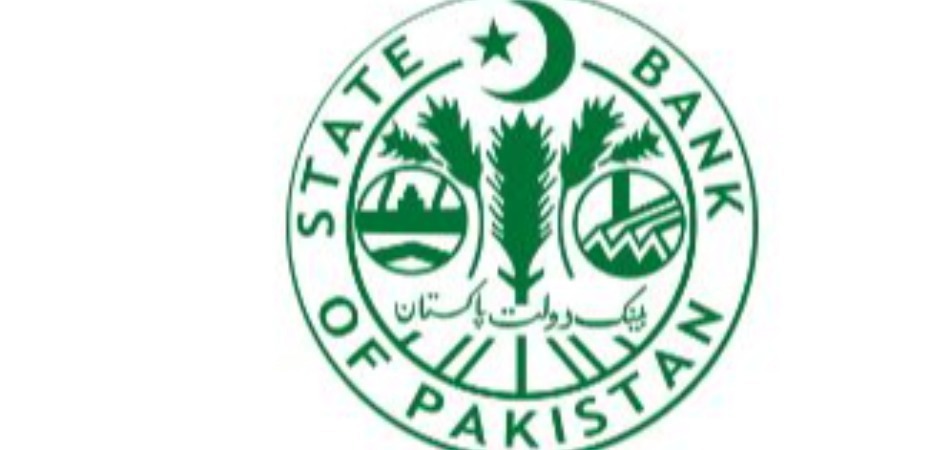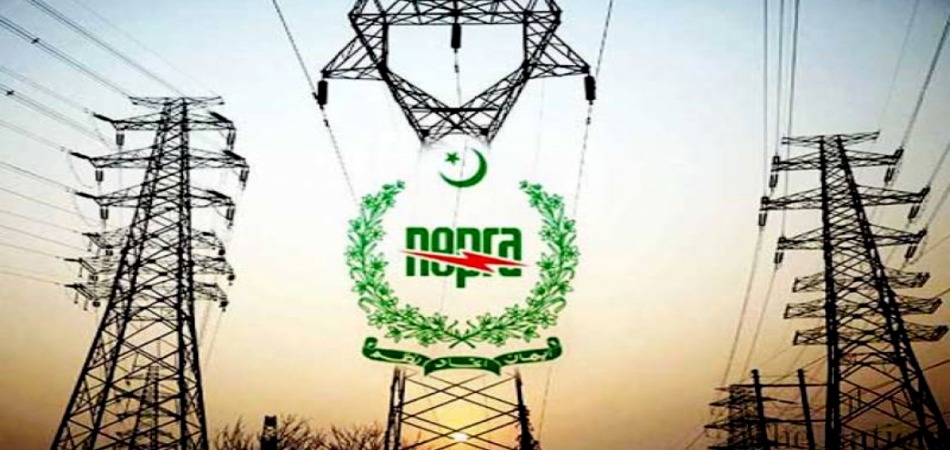Fiscal performance remains satisfactory despite struggling with pandemic: Economic Survey

By MG News | June 11, 2021 at 03:22 PM GMT+05:00
June 11, 2021 (MLN): Quick response of authorities to mitigate the challenges related to pandemic returned the economy to its pre-COVID trajectory in the fiscal year 2021. However, the additional relief related expenditure put a strain on the budget.
Despite that fiscal performance remained satisfactory due to the government’s efforts at fiscal consolidation, prudent expenditure management and effective resource mobilization, reported by the Economic Survey of Pakistan 2020-21.
These initiatives have had a strong carry-over effect in the current fiscal year where the fiscal deficit contained at 3.5 percent of GDP during July-March, FY21 against 4.1 percent of GDP in the same period of last year. On the other hand, the primary balance posted a surplus of Rs451.8billion during July-March, FY21 against the surplus of Rs193.5bn last year.
With respect to the FBR tax collection, the survey underscored that the government’s unprecedented measures in the wake of Covid-19 along with sector-specific support policies helped in the revival of domestic economic activity during the current fiscal year.
FBR achieved double-digit growth in the first ten months of the current fiscal year and surpassed the target by more than 100 billion. The net provisional collection grew by 14.4 percent to Rs3,780.3bn during July-March, FY21 against Rs3,303.4bn last year.

Given the increased tax collection both at the federal and provincial levels, the cumulative surplus of all the four provinces was higher than the previous year. The fiscal deficit thus remained on the lower side during July-March, FY2021 over the same period last year, survey reported.
Total tax revenue (federal & provincial) grew by 11.9 percent during July-March, FY21 and stood at Rs3,765bn against Rs3,365.5bn in the comparable period of FY19.
Within the total, federal tax collection witnessed a significant rise as it grew by 11.5 percent to stand at Rs3,394.9bn during July-March, FY21 against Rs3,044.3bn in the same period of FY20. The revenue performance is not only a reflection of growing economic activities without any disruption even in the wake of the third wave of COVID-19, but it also suggests that the efforts to improve the tax collection through various policy and administrative reforms are fruitful.
In contrast, the survey highlighted that the non-tax revenue fell sharply during July-March, FY21 after witnessing strong growth in the same period of last year. Non-tax revenue, stood at Rs1,227.6bn during July-March, FY21 against Rs1,324.4bn in the corresponding period last year, showing a decline of 7.3 percent.
Out of the total, federal non-tax revenue recorded a decline of 8.0 percent to Rs1,145.4bn during July-March, FY21 against Rs1,244.8bn in the same period last year. The decline is mainly attributed to the absence of a one-off renewal fee for GSM licenses from telecommunication companies, survey reported.
In addition, lower receipts from a surplus profit of SBP and mark-up (PSEs & others) have also attributed to an overall decline in federal non-tax collection. On the other hand, receipts from Gas Infrastructure Development Cess (GIDC), Natural Gas Development Surcharge and petroleum Levy have witnessed an increase during July-March, FY21 over the same period last year.

On the expenditure side, survey noted that total expenditure grew by 4.2 percent during July-March, FY21 as compared to 15.8 percent growth observed in the same period of FY20. The efficient expenditure management helped in curtailing the overall expenditure during the current fiscal year. In absolute terms, the expenditures stood at Rs6,644.6bn (13.9 percent of GDP) during July-March, FY2021 against Rs6,37bn (15.3 percent of GDP) in the comparable period of last year. The current expenditure contained at8.4 percent during July-March, FY21 against 16.9 percent growth recorded in the same period of last year.
In absolute terms, it stood at Rs6,085.4bn in July-March, FY2021 against Rs5,611.6bn in the same period of FY20. Although higher mark-up payments, increase in subsidies and grants to others, contributed significantly to the current fiscal year's growth in current expenditure, the decline in other expenditures like defence, pensions and running of civil government slowed the pace of growth.
With respect to debt servicing, the survey underlined that higher domestic debt servicing was observed during the first nine months of the current fiscal year as a result of Rs1,502bn in domestic borrowing that was raised to finance the federal fiscal deficit.
On the other hand, the foreign debt servicing witnessed a significant decline during July-March, FY2021 owing to re fixing of floating rate debt at much lower rates due to substantial decrease in international reference rates i.e., Libor, exchange rate appreciation (Rupee strengthening) and interest servicing deferment to the tune of $278mn through Debt Service Suspension Initiative (DSSI-I), the survey mentioned.
The survey further indicated that the consolidated non-mark-up current expenditure grew by 6.7 percent in July-March, FY2021, mainly because the federal non-interest current expenditure increased by only 2.3 percent against the growth of 16.6 percent in the same period of last year. The contained spending during the said period has been observed on the back of a decline in defence, pension and running of civil government expenditure.

According to the survey, FBR has taken various relief measures during FY21 to facilitate commerce, trade, industry and social sector in the country amid pandemic. Some of the incentives include:
- Revival of construction industry
- Covid-19 Prevention of smuggling Bill, 2020- sought to curb the menace of smuggling of food and other essential commodities
- Issuance of / adjusted refunds of around Rs253.0bn in the first ten months of FY21, which is 66.5 percent higher than Rs151.8bn in FY2020.
- Exemption of Sales Tax, Income Tax and Customs Duty on COVID-19 related health equipment (61 items,) on the recommendation of the health sector.
- Exemption of customs duties on import of highly essential items which were needed to be imported for the prevention and treatment of Covid-19 as proposed by the Ministry of National Health Services.
Apart from the above, a two-pronged approach will be adopted to address the issue of a narrow tax base and tax gap in various sectors. Automation and expeditious disposal of refunds will be actively pursued.
The FASTER system is in force and sale tax refunds are being transferred through it. Efforts are being made to increase the share of direct taxes in revenue collection. Documentation of the economy to increase the taxation in services, real estate, wholesale and retail is top priority. Further, FBR envisioned several reforms / special initiatives which are expected to yield positive results in the form of increased revenue collection, in line with efforts to facilitate the taxpayers for the best outcome, the survey underlined.
Copyright Mettis Link News
Related News
| Name | Price/Vol | %Chg/NChg |
|---|---|---|
| KSE100 | 125,627.31 258.99M |
1.00% 1248.25 |
| ALLSHR | 78,584.71 1,142.41M |
1.16% 904.89 |
| KSE30 | 38,153.79 69.25M |
0.63% 238.06 |
| KMI30 | 184,886.50 91.38M |
0.01% 13.72 |
| KMIALLSHR | 53,763.81 554.57M |
0.54% 290.61 |
| BKTi | 31,921.68 33.15M |
1.78% 557.94 |
| OGTi | 27,773.98 9.65M |
-0.40% -112.21 |
| Symbol | Bid/Ask | High/Low |
|---|
| Name | Last | High/Low | Chg/%Chg |
|---|---|---|---|
| BITCOIN FUTURES | 108,055.00 | 109,565.00 107,195.00 |
570.00 0.53% |
| BRENT CRUDE | 66.64 | 67.20 65.92 |
-0.16 -0.24% |
| RICHARDS BAY COAL MONTHLY | 97.00 | 97.00 97.00 |
1.05 1.09% |
| ROTTERDAM COAL MONTHLY | 107.65 | 107.65 105.85 |
1.25 1.17% |
| USD RBD PALM OLEIN | 998.50 | 998.50 998.50 |
0.00 0.00% |
| CRUDE OIL - WTI | 64.97 | 65.82 64.50 |
-0.55 -0.84% |
| SUGAR #11 WORLD | 16.19 | 16.74 16.14 |
-0.52 -3.11% |
Chart of the Day
Latest News
Top 5 things to watch in this week
Pakistan Stock Movers
| Name | Last | Chg/%Chg |
|---|
| Name | Last | Chg/%Chg |
|---|



.jpg)